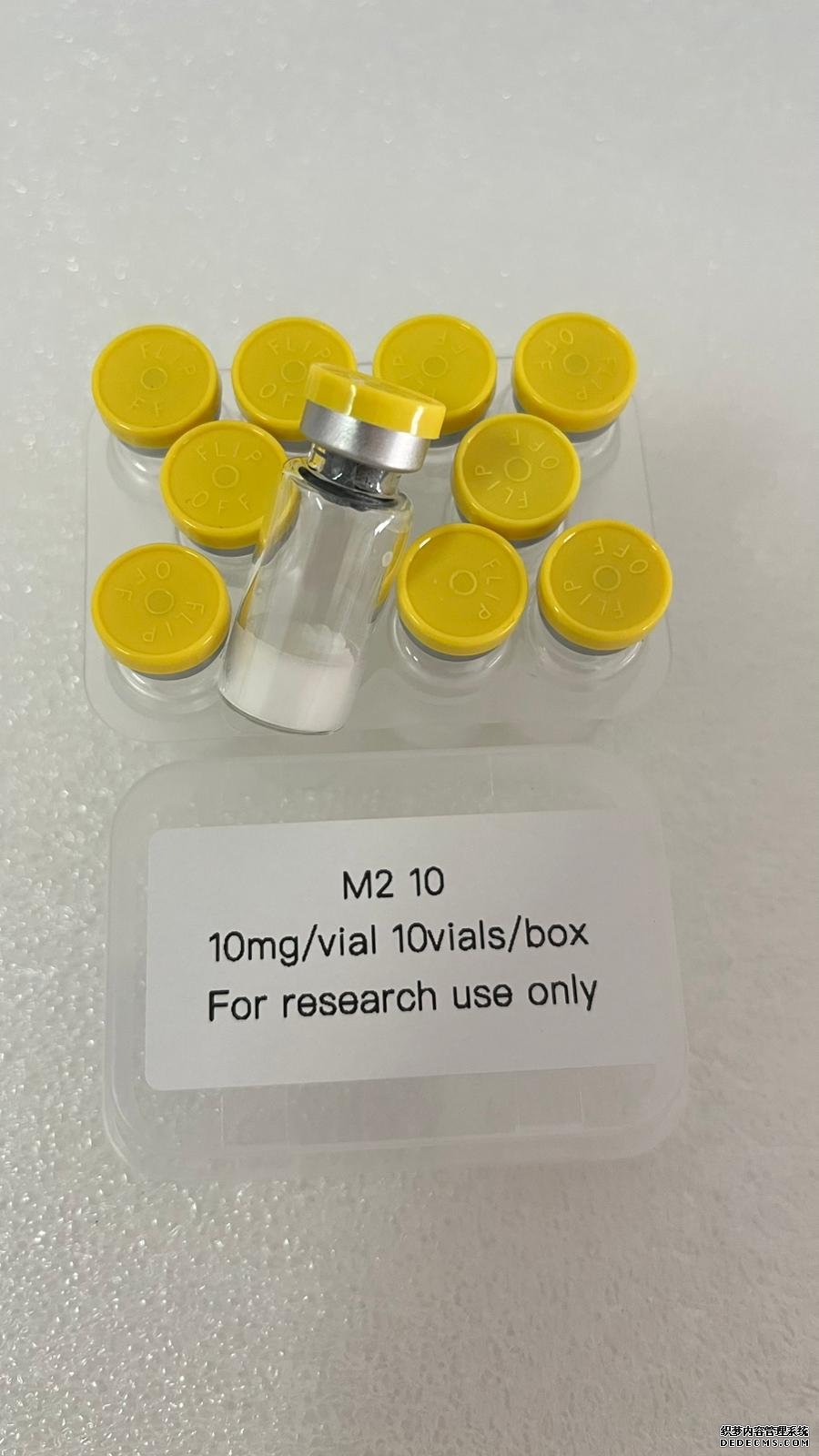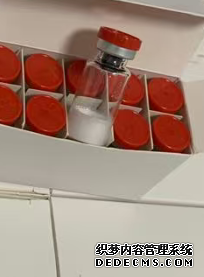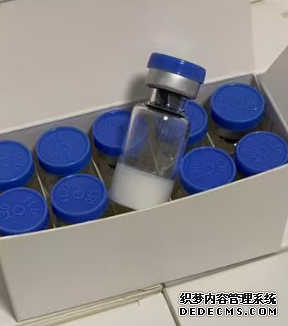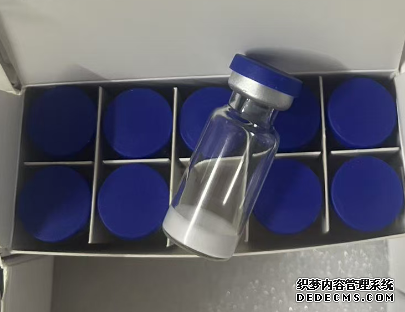Blog
Mass diet
Writer: admin Time:2025-06-03 09:40 Browse:℃
What to eat for muscle mass? The most important rules
The main goal of such a diet is muscle growth. To make this possible, it is necessary to provide the body with ingredients that are necessary in this process. The first and most important rule is to generate a caloric surplus. This means that we have to eat more than our requirements. People who do not know what number of calories will be appropriate can use free calculators available on the Internet. Usually, increasing the caloric intake by 500 kcal is enough. If we supplement such a diet with proper training, the energy surplus will be stored in the form of skeletal muscles. The recommendation seems simple, after all, we just need to eat more. In practice, it is not as easy as we think. If products for muscle mass only provide us with more calories, but do not contain too many nutrients, there is a risk that instead of muscle mass, our level of body fat will increase.
A mass gain diet in the initial stages may result in the accumulation of water in the body. This is manifested by inflating the muscles, which, however, quickly fall when the number of calories is reduced. As you can see, nutrition must be properly planned. People who are not sure what their menu should look like can seek advice from a personal trainer or dietitian. When it comes to the number of meals, there is no one right solution. It is best to adjust it to your preferences and the number of calories you need to consume. Breaks between meals cannot be longer than 3-4 hours. Otherwise, there is a risk of intensification of catabolic processes. In the process of building muscle, body weight should increase by 0.5-1 kg per month. Please remember that too much caloric surplus will result in the accumulation of fat tissue.
What nutrients should mass-building meals contain?
As already mentioned, products for muscle mass must be nutritionally valuable. The key ingredient for muscle growth and regeneration is protein, as it is responsible for anabolic processes. To obtain satisfactory results, you should increase its intake from 1.6 to 2.2 grams per kilogram of body weight every day. The best sources of protein are meat, dairy products and eggs. Many people also use protein supplements because they contain a large amount of the ingredient in a relatively small portion. It is important to choose products that contain high-quality protein. It is worth eating a meal with a large amount of the ingredient within 2 hours after training, because it accelerates the growth of muscle proteins and their regeneration, and also reduces the risk of muscle damage. In addition, it helps maintain hormonal balance. It is best to include about 20-40 grams of protein in your post-workout meal.
Carbohydrates are also a very important ingredient and they should constitute 40-60% of calories. They constitute the body's main source of energy and are essential for muscle regeneration and growth. In addition, they allow you to replenish muscle glycogen, which translates into improved exercise capacity of the body. It is best to combine carbohydrates with protein. In this way, we will accelerate glycogen synthesis, reduce muscle damage and accelerate training adaptation. In a mass-building diet, it is worth consuming 4 to 7 grams of carbohydrates per kilogram of body weight in the case of competitive training and from 4 to 5 grams in the case of amateur training. When it comes to the best sources of carbohydrates, these are primarily groats, oatmeal, pasta, fruit, vegetables, whole grain bread and legumes. Vegetables are particularly important because they contain a lot of minerals and vitamins. About 400 grams per day is recommended.
Meals for mass must also contain essential fatty acids, because they are a very important source of energy. Fats should constitute approximately 25-30% of your total energy needs. We are, of course, talking about the so-called healthy fats found in fish, nuts, seeds, vegetable oils and avocados. At this point, it is worth mentioning the harmful effects of meals known as cheat meals. People who focus solely on achieving a caloric surplus often reach for fast food. Although thanks to them we are able to consume more calories, in practice they are not good products for muscle mass because they contain a lot of harmful fatty acids. These, in turn, raise "bad cholesterol" LDL, which increases the risk of cardiovascular disease.
Mass gain diet - when is it worth taking supplements?
People who are wondering what to eat to gain muscle mass can help with supplements. Most people who train take protein supplements, but creatine is also very popular. Such preparations have an anabolic effect and support the process of protein synthesis. In the long run, they can increase endurance and speed and accelerate muscle growth. A mass-gaining diet should be supplemented with vitamin D and magnesium supplementation. These are ingredients necessary for the proper functioning of the body. The demand for magnesium increases with the intensity of training. Vitamin D deficiency, on the other hand, is a common phenomenon.
People who would like to improve the effectiveness of training can also use pre-workout supplements. These types of preparations increase the level of energy and stimulation during exercise. This allows you to perform more repetitions with greater weight. In addition, it is possible to increase strength and endurance. How long does it take to build muscle mass? People who pay attention to their diet and training can achieve satisfactory results within 6 months to 1 year.






 QQ客服
QQ客服